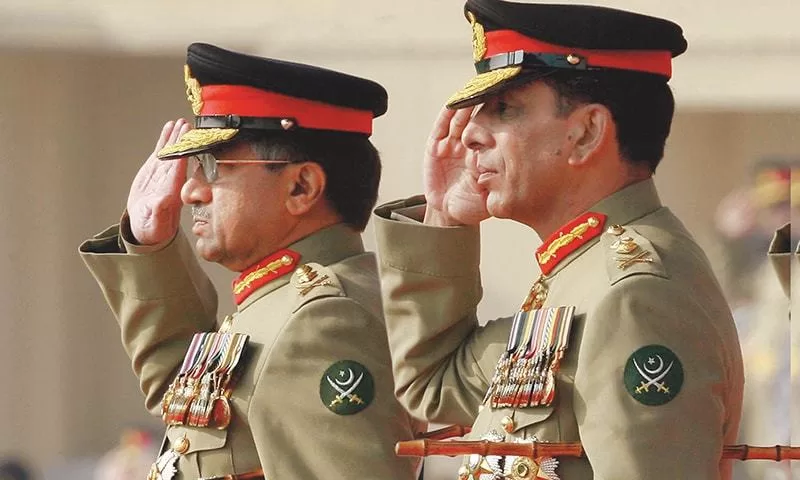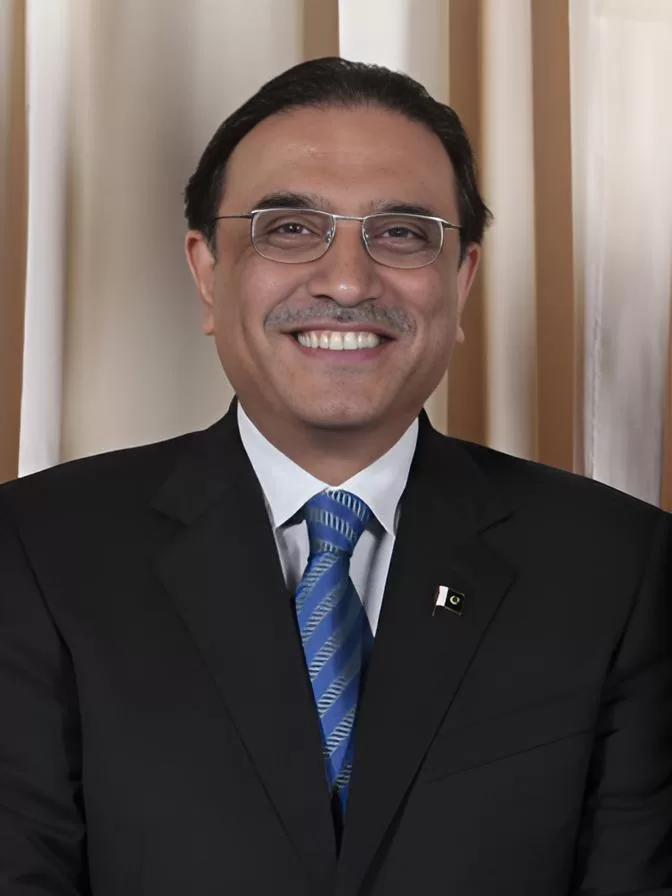What good is a Constitution that does not prevent the unscrupulous from looting the till? For a man whose children remain hungry, sick and uneducated, it is a meaningless piece of paper. The moral obligation to the downtrodden makes it incumbent for those in power to have the courage to use the authority vested in them to prevent corruption, otherwise they are as much culpable as those involved.
Reams of evidence implicating the coalition partners of the Sindh Govt in blatant corruption, extortion and target killings, etc have been submitted to the superior judiciary but the corridors of justice remain oblivious to the desecration of the Constitution. They become deaf, dumb and blind except when it suits them. To quote from an anti-corruption workshop conducted by World Economic Forum (WEF)’s “Partnership Against Corruption Initiative (PACI), “lack of enforcement of the legal and regulating framework for addressing corruption is often cited as a major impediment to promoting real change, especially in the business environment. Moreover, lack of coordination and conflicting mandates between the different actors – business, government, civil society – reduces the effectiveness of anti-corruption and transparency measures.”
Pakistan inherently has a “split personality” with respect to dealing with corruption. For the benefit of the public rhetoric is rendered with great emphasis by every leader that corruption is a zero-sum game, not to be tolerated, ie all except former President Asif Ali Zardari. At least the PPP co-Chairman is not a hypocrite, there is no known record of his ever speaking against corruption. National Accountability Bureau (NAB)’s predecessor “Ehtesab Bureau” was only a political tool. Saifur Rahman heading it was neither qualified nor objective nor honest, he damaged the concept of accountability by going quite berserk selectively targetting PML (N) opponents. The opposite resulted, the most corrupt on this Earth escaped scot free yelling “political victimization”.
Starting with plenty of commitment and purpose in 1999 under the honest and upright Mohammad Amjad, NAB lost credibility because the school chum cronies he inducted made tons of money lining their own pockets, mostly under the “plea bargain” concept. Incidentally some of these unscrupulous “patriots” had earlier fleeced ex-soldiers of their hard-earned pension money under dubious “cooperative schemes”. By restraining NAB from going after politicians and bureaucrats who institutionalized corruption, for his own survival Musharraf undercut his own finest initiative. Anybody count the stud farms and racehorses former bureaucrat Tariq Aziz owns in Pakistan and abroad?
It is on NAB’s statute books to investigate those living beyond their known means of income, the challenge is to target NAB’s top officials living the very life they prosecuted people for – ‘living beyond one’s means’. Are Amjad’s successors, with honourable exceptions, exempt from these laws being applied to them? NAB must conduct their accountability on a fast-track basis. Despite being tainted by these few corrupt elements, its reputation as an institution of excellence persists because most NAB officials serve with honesty and dedication.
Some obnoxious characters cannot ever be held accountable even if NAB tried. These “untouchables” are those feudals inheriting land holdings now been joined by the “new feudals” through money made legally and/or illegally, they have and/or can purchase influence outright. On the other hand the good PR of those professionally competent allows them to camouflage their own shenanigans and facilitate that of their near and dear ones. The general public tends to ignore and/or overlook this individual’s corruption giving weightage to his (or her) known reputation. Clever exploitation of this weakness a corrupt political leader can emasculate the individual’s capacity (and that of the institution that the person heads) from doing anything, Zardari blatantly finessed this to perfection.
We call petty thieves criminals, we tend to gloss over many who should otherwise be called crooks. When a person heading a critical national institution sells his soul to the devil, the devil will make merry under this “protection”. A very professional COAS, Kayani changed both the image and substance of the whole Army from the depths it had sunk to by 2007. While giving him the benefit of doubt for the unsubstantiated (at least till now) rumours going the rounds, Kayani should have stopped his brothers from doing business across the board with the Army, his siblings are his Achilles Heel. While they are at liberty to do business as any citizen, the responsibility associated with the governance of any entity requires that any commercial transactions having “conflict of interest” (COI) and “related party transactions” (RPT) be declared, and only allowed after an “arm’s length” scrutiny. In a country where very few things happen on merit in the face of connections one can challenge the state to make public how many times COI and RPT have been declared. You cannot be “goody two boots” maintaining a “stoic” silence and feigning ignorance (and even helplessness) while your kith and kin loot the institution that you are morally and physically responsible for.

The client-patron relationship is very strong in Pakistan, nepotism is endemic in the body politic. You will find some of those close to Zardari (and even to Musharraf) also in the present regime also. Not only do their connections ensure they escape accountability. Some selected for the Boards of public sector corporations have a recorded history of corporate mismanagement and excesses. If we are to be serious about accountability, we must also target also those who became accessories and willing collaborators in manipulating lucrative contracts and actively facilitating this loot. The “acid test” for anyone with conscience occupying a seat of influence is to expose the corrupt whoever he (or she) may be.
Like inflation, corruption has force-multiplied to become an inescapable part of our daily lives. Nepotism cuts into the political will to root out corruption at the highest reaches of government and society, accountability therefore is fundamentally flawed. If the person has used his office for material gain, he is a crook, pure and simple. We must carry out accountability without regard to the individual’s position and/or connections. Except for the extreme necessities of national security, everything and everyone should be open for detailed public scrutiny.
All members of the public must consider themselves equal participants in the war against corruption by exposing those corrupt whoever the person may be. The electronic and print media can aid this effort by unleashing a constant barrage exposing facts about corruption. Both the media and the masses have a definite role to play in changing society’s attitudes. Increasing the sources of information is vital to combating corruption, by involving the general public we can force-multiply the availability of concrete evidence.
The pursuit of accountability is a zero-sum game pursued without fear or favour, unfortunately political nuances, client-patron relationships and self-interest that goes with it compromises its implementation. The corrupt use ‘democracy’ to camouflage their crimes, the motivated of this world applaud the “Gorbachev’s” because they serve their evil designs. Where is the inherent loyalty to the institution, and at what cost to the institution and to the country? Are our soldiers continuing to give the supreme sacrifice in FATA and Swat for such people to make palatial houses and buy farms all over the country and abroad?
Courtesy: The News




